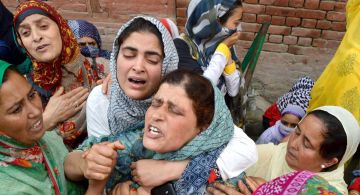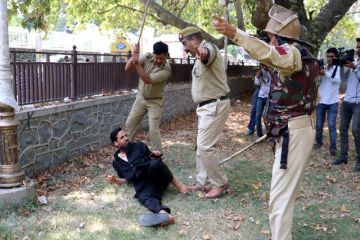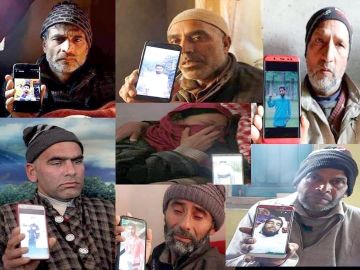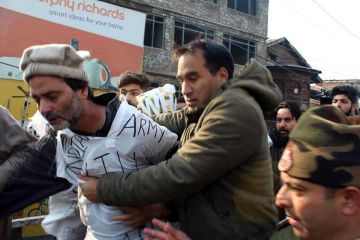The saga of Kashmiris’ sufferings is spread over a period of almost seven decades. It started with the landing of Indian troops in Jammu and Kashmir on October 27 in 1947 and since then, Kashmiris on both sides of the Line of Control and across the globe observe the day as Black Day. Every year, the day is marked by complete shutdown in occupied Kashmir and rallies, seminars and demonstrations in the occupied territory, Azad Jammu and Kashmir and world capitals.
India, on this day, forcibly occupied Jammu and Kashmir against the will of the Kashmiri people and in total disregard to the Indian Independence Act and Partition Plan, which had stated that the Indian British Colony would be divided into two sovereign states, India - with Hindu-majority areas - and Pakistan - with the Muslim-majority areas of Western provinces and East Bengal.
The over 550 princely states of the sub-continent at that time were given the choice to either accede to Pakistan or India, considering their geographical situation and communal demography. India forcibly occupied Hyderabad and Junagarh states, which had Hindus in majority but their rulers were Muslims. These rulers had declared not to stay with India. Kashmir was a Muslim-majority state and had a natural tendency to accede to Pakistan, but its Hindu ruler ruined the future of Kashmiri people by announcing a provisional accession to India under a controversial accession document (Instrument of Accession).
In order to punish the Kashmiris for their aspiration to join Pakistan and with the intention to change the demographic composition of the territory to turn the results in favour of India in any referendum in future, Indian troops, the forces of Dogra Maharaja, and Hindu extremists massacred over three hundred thousand Kashmiri Muslims within a period of two months in Jammu division. The massacre has been described by the historians as the worst example of genocide in Jammu and Kashmir.
The people of Kashmir resisted India’s illegal occupation right from the day one and launched an armed struggle against it, succeeding to free a vast area now known as Azad Jammu and Kashmir on the world map. Sensing a humiliating defeat to its forces, India approached the UN Security Council on January 1, 1948, seeking its help to settle the Kashmir dispute. UN through successive resolutions passed by its Security Council nullified Indian invasion and occupation of Kashmir. Through the resolutions passed on August 13, 1948, and January 5, 1949, the UN approved a ceasefire, demarcation of the ceasefire line, demilitarization of the State and a free and impartial plebiscite to be conducted under the supervision of UN. It is unfortunate that although the ceasefire and demarcation of the ceasefire line were implemented but demilitarization of the occupied territory and a free and impartial plebiscite under the UN supervision remained unimplemented till date.
Kashmiris’ determination coupled with international pressure persuaded the first Indian Prime Minister, Jawaharlal Nehru, and other leaders to promise before the world community to resolve the dispute and to give the people of Kashmir an opportunity to exercise their basic right of self-determination, but later they backtracked from their commitments. The continued callous attitude of India towards permanently settling the conflict over Kashmir had been a constant threat to the peace, security and stability of the entire South Asian region for the last more than six decades.
South Asia turned into a nuclear flashpoint after India conducted nuclear explosions on May 11, 1998, and started hurling threats to Pakistan. This left Pakistan with no option but to reciprocate by showing its nuclear capabilities on May 28,1998 to strike balance of power in the region. In this way, Kashmir has rightly been described as a nuclear flash point.
It is a reality that India has exhausted all its resources during the past sixty-nine years but has miserably failed to suppress the freedom sentiment of the Kashmiri people. During the last 27 years, Indian troops have killed over ninety-three thousand Kashmiris, widowed more than twenty-five thousand women, orphaned more than one hundred thousand children and dishonored around ten thousand Kashmiri women. The whereabouts of thousands of innocent Kashmiris, disappeared in the custody of troops, are yet to be made known while hundreds of unnamed graves have been discovered in the occupied territory, which are believed to be of disappeared Kashmiris. Even the European Union Parliament unanimously passed a resolution in its session in Strasbourg on July 10, 2008, asking India to conduct an independent and impartial investigation to ascertain the identity of the people buried in these graves. However, India is yet to fulfill this demand.
Observance of Kashmir day is aimed at reminding the international community of its obligations towards resolving the Kashmir dispute in accordance with the wishes of the people of Jammu and Kashmir and the relevant UN resolutions. At the same time, it is intended to send a loud and clear message to New Delhi that the Kashmiris reject its illegal occupation of their homeland and that they will continue their struggle till they achieve their inalienable right to self-determination promised to them by India and the International community.


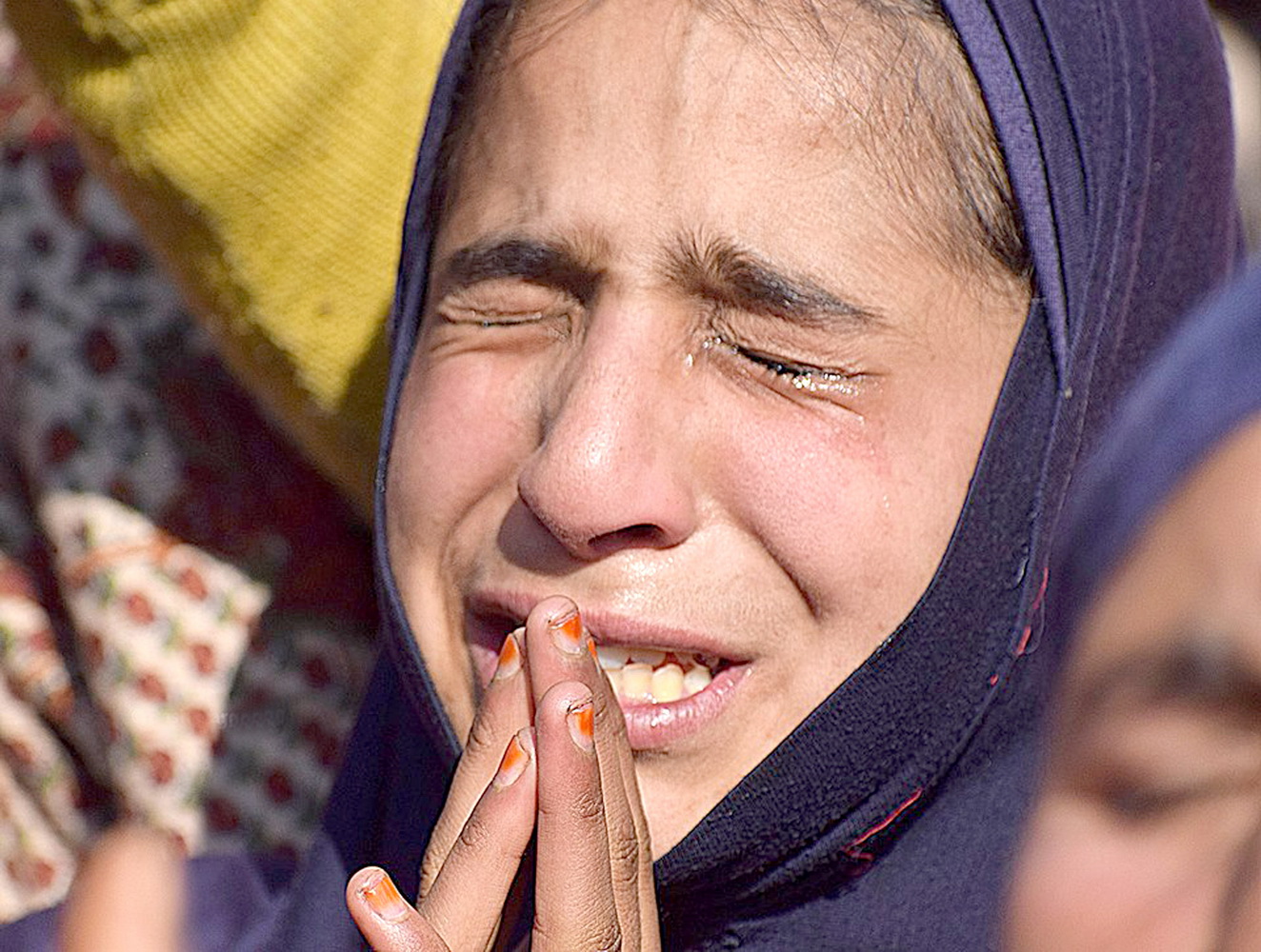
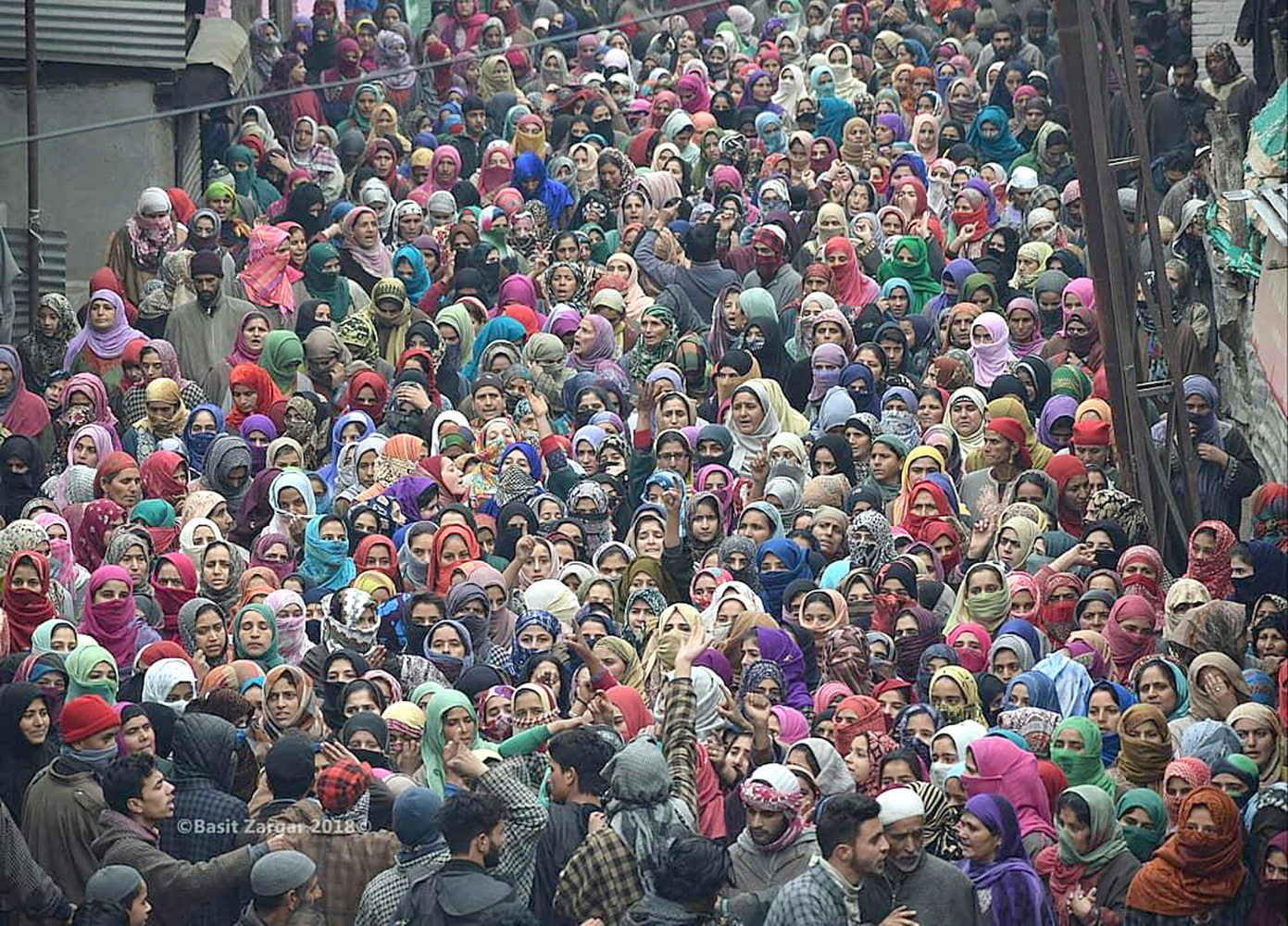
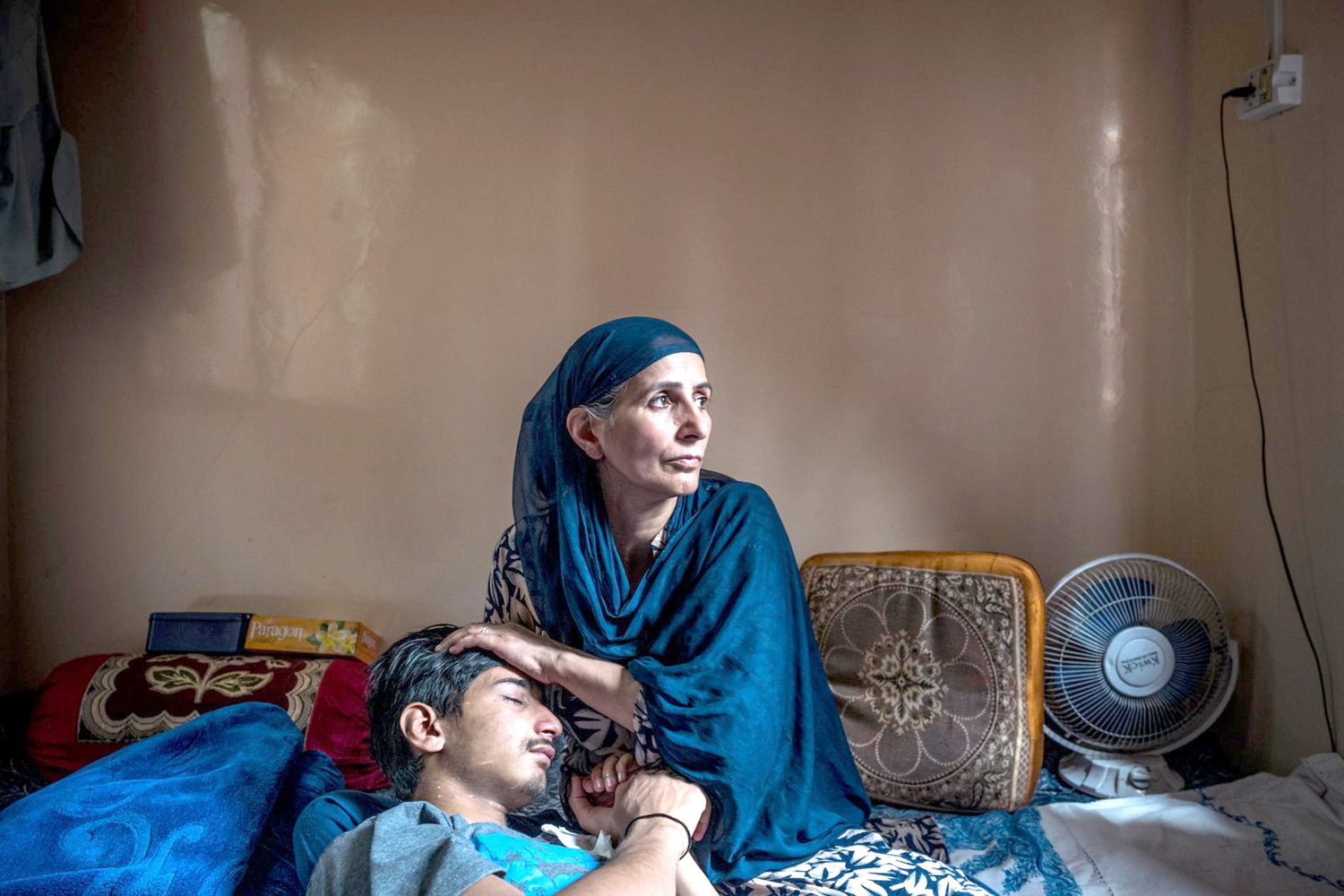
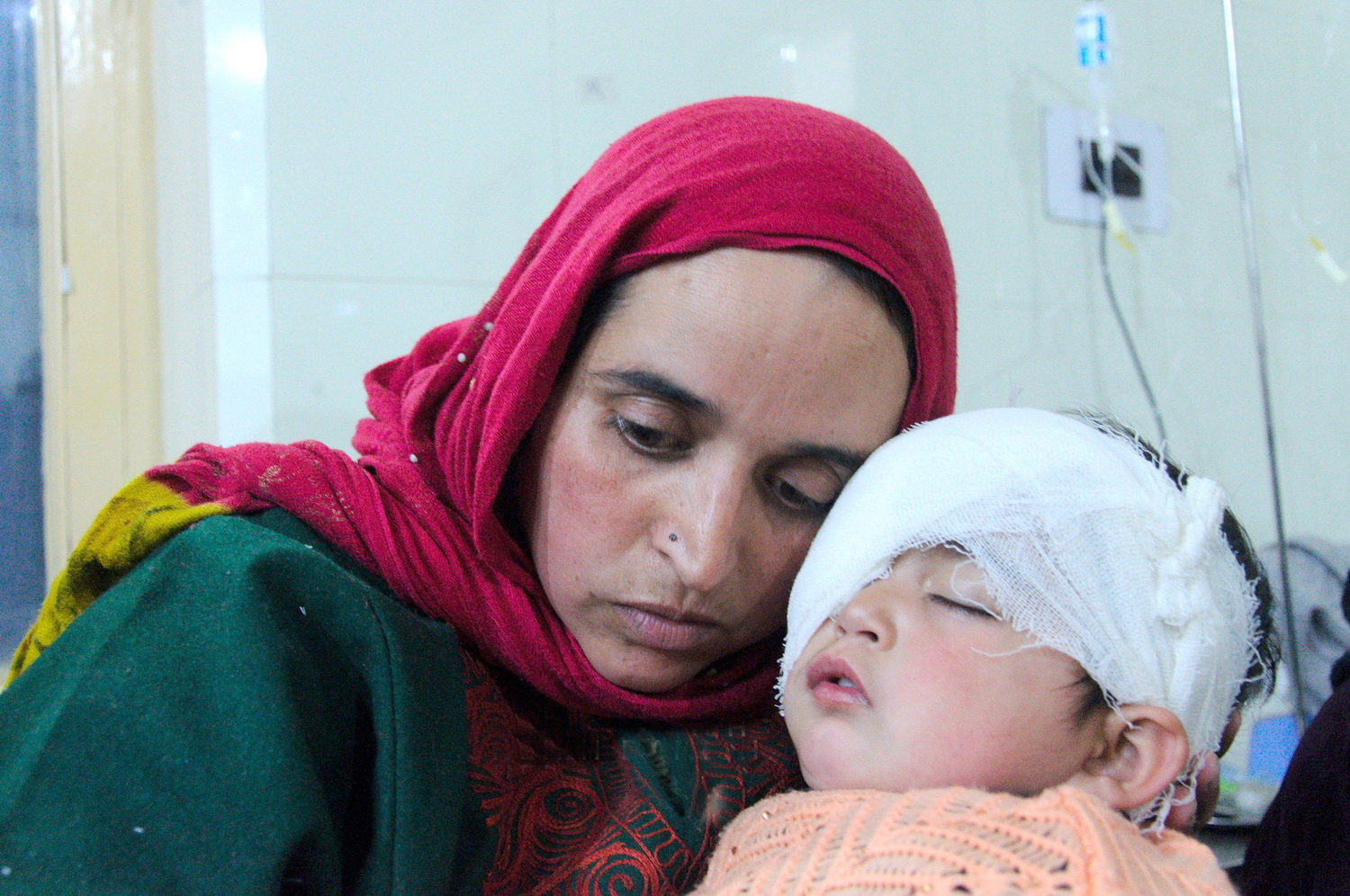
.jpg)
